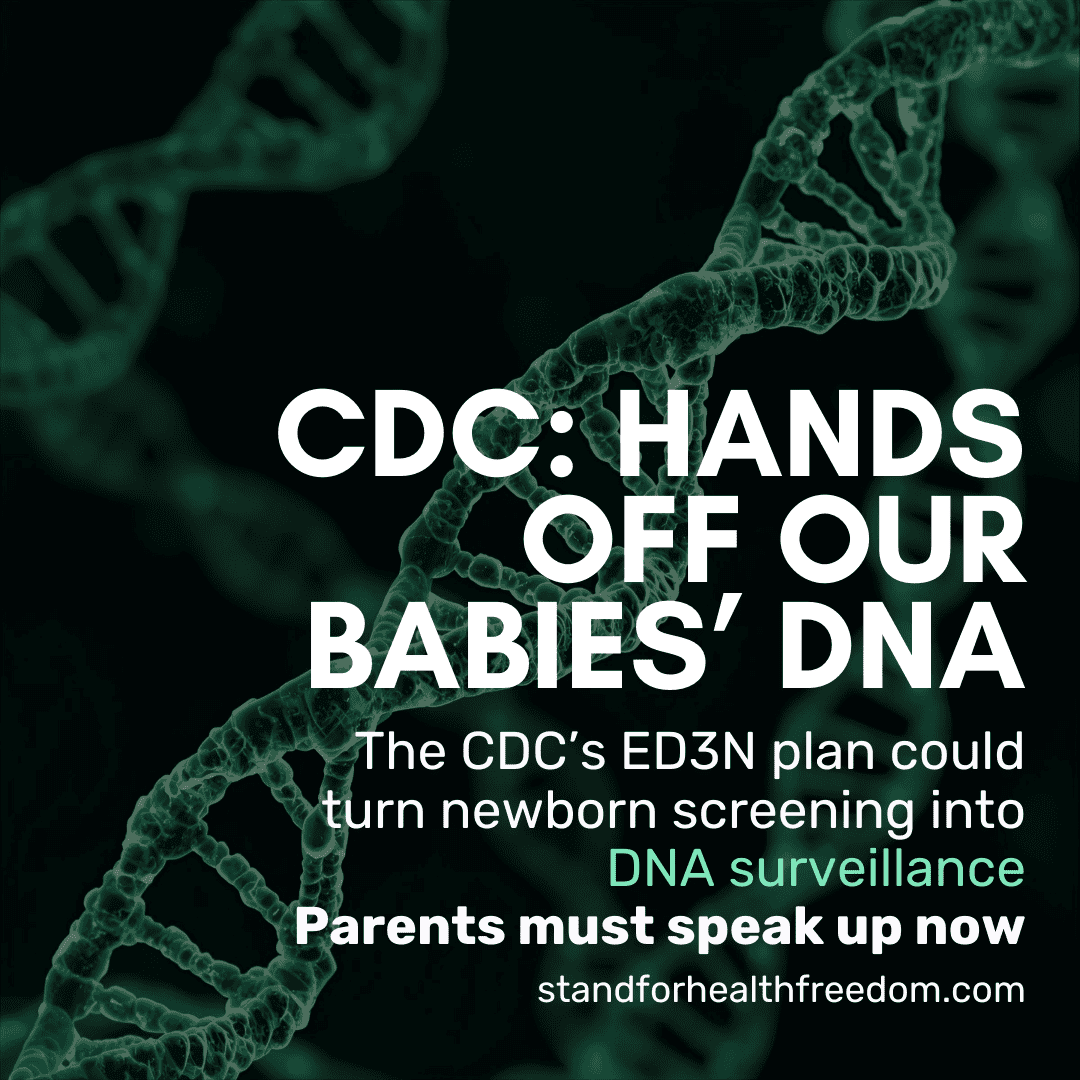In its first edition, Guarding Liberty introduced the issue of product liability, stressing its role in protecting constitutional rights, ensuring consumer trust, and preventing crony capitalism. The National Childhood Vaccine Injury Act (NCVIA) and the Public Readiness and Emergency Preparedness Act (PREP) demonstrate how removing accountability allows market forces to reward unsafe products instead of protecting consumers.
Product liability is not about punishing innovation; it’s about ensuring innovation does not punish the public.
Bayer, owner of Monsanto, and other chemical producers have taken a page from the pharmaceutical industry playbook by persuading legislators in several states to introduce bills that shield pesticide* manufacturers and sellers from legal accountability. These so-called pesticide shield bills undermine the rights of citizens, compromise public health, and even raise national security concerns. Rather than an explicit liability shield, though, the language is crafted to be less conspicuous, but no less nefarious.
*Need To Know: The EPA definition of “pesticide” includes insecticides, herbicides, rodenticides, fungicides, disinfectants and sanitizers, plant regulators, defoliants, and desiccants.
This is how they do it: The Modern Ag Alliance, an astroturf organization founded by the original patent owner of glyphosate, Bayer, uses fear tactics to convince farmers and lawmakers that without pesticides like glyphosate, modern farming would collapse. They argue that continued litigation against their products will have detrimental effects on farmers and America’s food supply. In order to stave off litigation, they are presenting legislation which says if a product’s label has EPA approval, the company has satisfied their duty to warn users, shielding chemical manufacturers from future litigation.

What lawmakers or consumers need to know:
There’s a federal law (FIFRA) that says EPA registration—the product label—can’t be used as a legal defense against misbranding, meaning, if the product label is false or missing information. Why? Because chemical companies do their own testing, write their own labels, and don’t have to share all their data. That’s a serious case of letting the fox guard the hen house.
The real reason Bayer is seeking immunity from product liability?
Time and again, juries have found these pesticide products responsible for serious injuries, including a $2 BILLION judgement in Georgia earlier this year. The legislation proposed in states nationwide by the Modern Ag Alliance/Bayer favors corporate profits over public and environmental health, discourages innovation in safety, and enables foreign pesticide companies like ChemChina to inject unsafe chemicals into the American food system. Following Big Pharma’s lead, Big Chem and Big Ag are prioritizing legal immunity over consumer safety.
Regrettably, both Georgia and North Dakota have passed laws that protect pesticide manufacturers and grant immunity to the approximately 57,000 products now on the market, along with all future pesticide products.
What can state lawmakers do to protect their constituents?
Lawmakers should make every effort to protect a consumer’s constitutionally protected right to seek damages for harm in a court of law by blocking the passage of these pesticide liability shield bills. Additionally, introduce SHF’s ModelPesticide Immunity legislation which addresses the importance of preserving product liability for pesticide products. To that end, Stand for Health Freedom has compiled a very digestible informational flyer detailing Modern Ag Alliance/Bayer’s initiatives to shield pesticide companies, available on our legislator resource page.
But, wait! There’s more.
A similar attempt to shield pesticide companies from liability is occurring at the federal level too—but the industry has made every attempt to hide it by burying it deep in the 2026 Fiscal Year Interior, Environment, and Related Agenciesappropriations bill. Section 453 specifically prevents the EPA from updating labels, and though liability immunity is not as overt as in the NCVIA or PREP Act, a shield from liability is nonetheless embedded in the policies it funds.
By blocking funding for actions that are inconsistent with potentially outdated or insufficient EPA assessments and carcinogenicity classifications, Section 453 hinders enforcement of pesticide label laws that prohibit misbranding, shields pesticide companies from accountability for inadequate warnings, and continues to leave consumers and the public vulnerable to undisclosed risks—such as cancer, neurological disorders, respiratory issues, infertility, and developmental abnormalities—indefinitely with no recourse to hold companies responsible. More information about Section 453 can be found HERE.
Further, Section 457 shields the medical industry from adopting safer sterilization methods by blocking new EPA rules on ethylene oxide, a known carcinogen—prioritizing profits over health and safety—and Section 507 will cripple the EPA’S ability to protect us from “forever chemicals” in sewage sludge. Significant concerns in the FY2026 IER Appropriations bill highlight the urgent need for revisions.
How can you help?
Members of Congress take heed when they hear concerns from state lawmakers. Please contact your members of Congress and ask them to pull Sections 453, 457, and 507 from the 2026 Fiscal Year Interior, Environment, and Related Agencies appropriations bill.
Product liability balances innovation with responsibility while protecting constitutional rights and consumer trust.
For further information on this topic and more, see our Guarding Liberty page, just for you, here. We stand ready to be a resource as you consider this critical legislation.
For policy questions or more details, contact our Director of Advocacy, Jill Hines, at Jill@standforhealthfreedom.com



